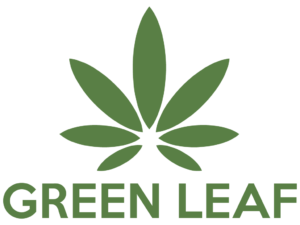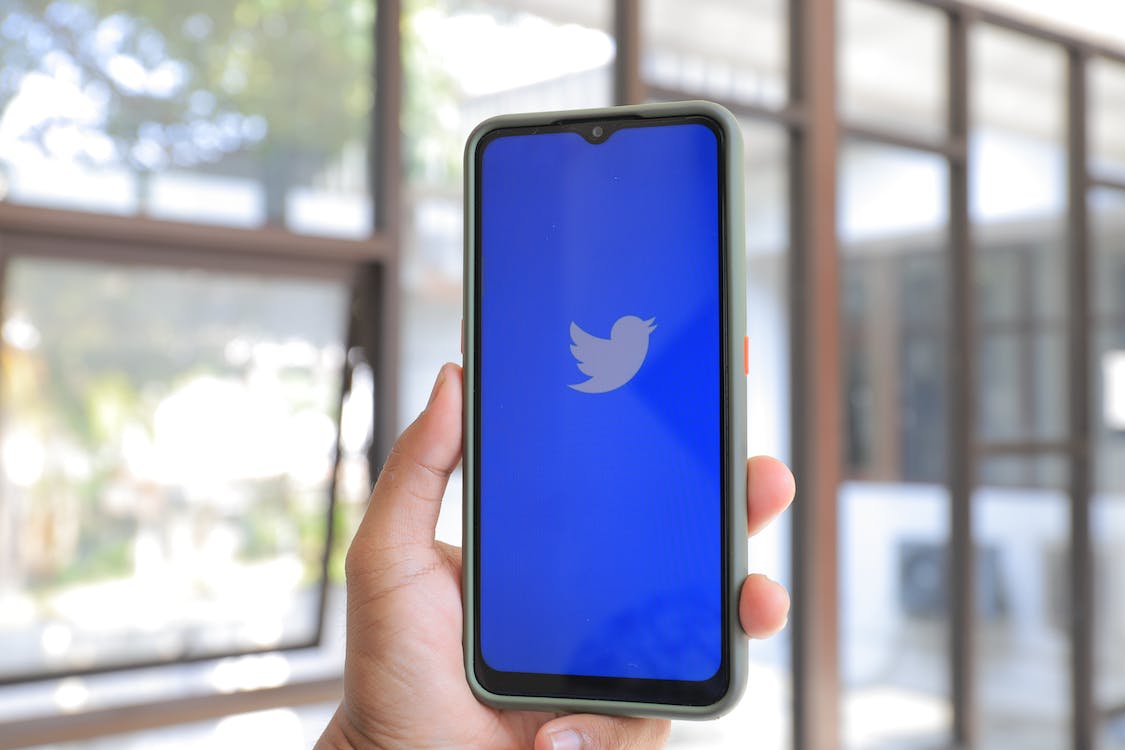Important CBD Definitions You Should Know
When it comes to CBD and related items, there’s a whole host of terminology. The problem is that many of these words may not be in your vocabulary. These terms can help guide you with your journey as you choose the right products to make your experience the best possible. Before diving into the CBD pool, these are some of the important definitions that you should know.
Bioavailability – the rate or the degree to which the body’s circulatory system absorbs substances. Different types of CBD products have varying degrees of bioavailability. In turn, individuals use differing amounts of CBD to reach their desired effects.
Cannabinoids – these are the compounds that naturally occur in cannabis plants. CBD and THC are the most common, and they vary from plant to plant. There are more than 100 known cannabinoids in cannabis plants that produce different outcomes.
CBD – Cannabidiol (CBD) is one of the most popular cannabinoids. It’s the second-most prevalent compound in cannabis and makes up about 40% of the plant.
Certificate of Analysis – also known as a COA, is a document from a certified laboratory that has tested a CBD product. The certificate includes the amount of cannabinoids in a product, THC levels, and more to determine whether the item is legal and safe.
Delivery Method – these are the different, available forms of CBD products like topical creams, tinctures, powders, crystals, and more.
Entourage Effect – the way in which different cannabinoids interact with the body to provide more potent effects. Many people prefer the combination of various cannabinoids for a more robust outcome.
Hemp – a form of cannabis that’s closely related to the marijuana plant. Hemp serves various roles in manufacturing, and producers use it to create numerous products and applications.
Potency – refers to the strength of a substance. CBD with a higher potency provides more profound effects compared to lower-strength products.
Psychoactive – refers to how a substance alters brain function, such as behavior, mood, perception, and cognition. For example, THC is psychoactive while CBD is not.
Spectrum – the three different kinds of CBD extracts are Full-spectrum, Broad-spectrum, and CBD Isolate. Full-spectrum has all the naturally-occurring compounds present in hemp plants. Broad-spectrum features added minor cannabinoids and terpenes, but all THC is removed. CBD Isolate contains only CBD with all other cannabinoids removed.
Terpenes – the aromatic oils that produce fruity, mint, pine, and other flavors in certain cannabis plants. More than 100 terpenes have been found, and each cannabis strain has a distinct terpene profile.
THC – Tetrahydrocannabinol is the psychoactive compound found in marijuana that gives users the effects they seek, providing that classic high. Many CBD products offer either a miniscule amount of THC or none at all to provide more alternatives.
Tincture – a type of delivery method. Users typically take this CBD sublingually (under the tongue), which is absorbed and distributed throughout the body.
Stellar Products with Green Leaf
With your newfound knowledge of CBD, you can take this info to ensure that you purchase a stellar product. How do you do this? Check out our Green Leaf products to find the best choice to meet your needs. We offer a large range of products that you’re sure to love.
08/17/2022
Blog Posts
A Breakdown of CBD Colors and What They Mean
Google Lifting the CBD Advertising Ban…Sorta



